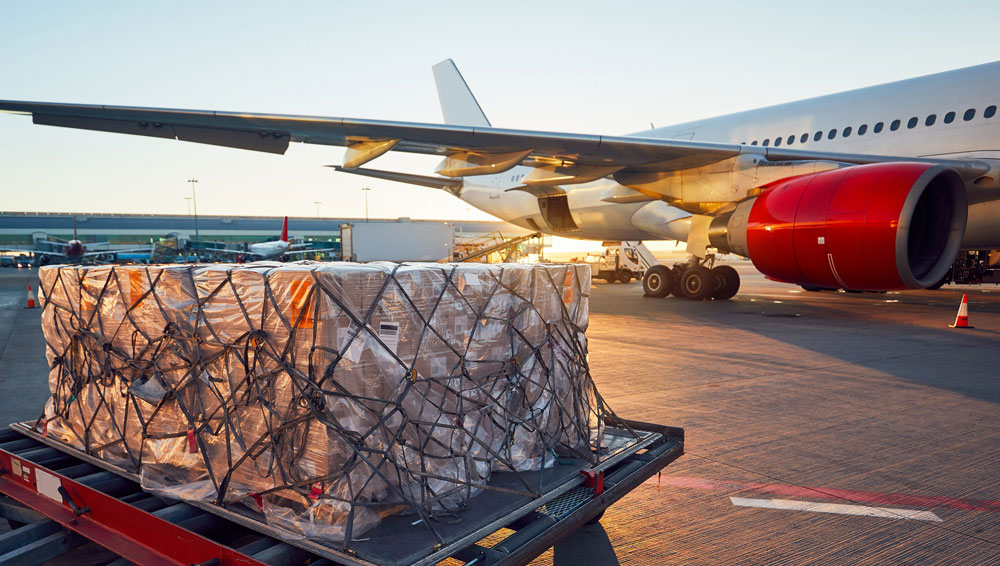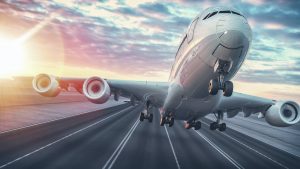
Air travel has become an integral part of our modern lives, connecting people and cultures across the globe. However, one cannot ignore the fact that air travel can often be quite expensive. In this blog post, we will delve into the various factors that contribute to the high cost of air travel, providing a comprehensive understanding of the economics behind it.
- Fuel Costs:
One of the primary reasons for the high cost of air travel is the substantial expenditure on fuel. Aircraft require large amounts of fuel to operate, and the price of jet fuel is subject to fluctuations in global oil markets. Airlines must factor in these costs when determining ticket prices, as fuel expenses can significantly impact their profitability. - Infrastructure and Maintenance:
Airports and airlines require extensive infrastructure and maintenance to ensure safe and efficient operations. The construction and maintenance of runways, terminals, control towers, and other facilities involve substantial investments. Additionally, aircraft maintenance, repairs, and regular inspections are crucial for passenger safety, but they also contribute to the overall cost of air travel. - Labor Costs:
The aviation industry relies heavily on skilled professionals, including pilots, flight attendants, ground crew, and maintenance personnel. These individuals undergo rigorous training and often work irregular hours, which can lead to higher labor costs. Airlines must compensate their employees fairly while also adhering to strict safety regulations, which further adds to the expense of air travel. - Taxes and Fees:
Governments impose various taxes and fees on air travel, which can significantly increase ticket prices. These charges include airport taxes, security fees, customs and immigration fees, and fuel surcharges. While these fees are intended to fund airport infrastructure and security measures, they contribute to the overall cost of air travel for passengers. - Market Demand and Competition:
The demand for air travel has been steadily increasing over the years, leading to higher ticket prices. Airlines must balance supply and demand to maximize profitability. Additionally, the aviation industry is highly competitive, with numerous airlines vying for market share. This competition can drive up prices as airlines strive to differentiate themselves through service quality, amenities, and route networks.
Conclusion:
The high cost of air travel can be attributed to a combination of factors, including fuel costs, infrastructure and maintenance expenses, labor costs, taxes and fees, as well as market demand and competition. While these factors contribute to the overall expense, it is important to recognize that air travel offers unparalleled speed, convenience, and global connectivity. By understanding the economics behind the cost of air travel, passengers can make informed decisions and appreciate the complexities involved in this essential mode of transportation.


